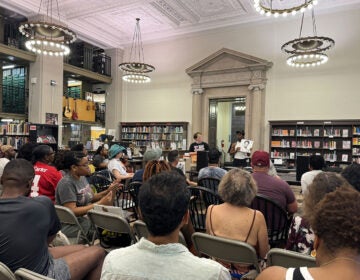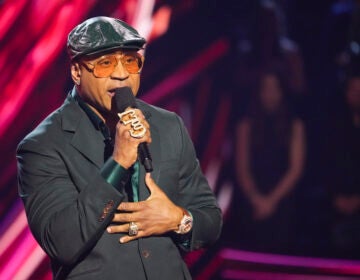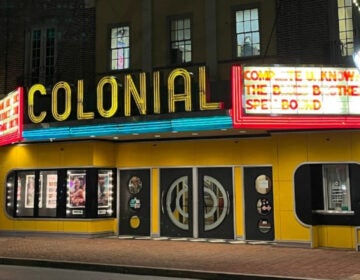Civil discussion urged in ‘Can We Talk?’
This weekend, the National Constitution Center will host a public forum about the role of civility in a democracy. It aims to launch a discussion of how a democracy needs to frame agreement and dissent as a civic dialogue.
The centerpiece will be the story of Prohibition.
“What a stupid idea it was, that people thought you could get away with this,” says historian Michael Lerner in the new Ken Burns documentary, “Prohibition.” “That you could actually ban alcohol, completely eliminate its usage in American society.”
The 5 1/2-hour three-part documentary premiering this fall on PBS takes a look at a point in American history when civility was at a low point.
Burns screened sections Friday as part of the National Constitution Center’s forum called “Can We Talk?”
Some of the issues shaping American dialogue during Prohibition–including single-issue political campaigns, anti-immigration sentiment, and parties advocating a return to basic American values–mirror our current national debate. Burns argues that historical narrative is more civil in its nature than contemporary argument.
“Because it isn’t now–it isn’t fraught with the contemporary issues–it permits us to have a conversation at a much lower decibel level,” said Burns. “That can contribute not just to an understanding of history, but an understanding of how we settle the difficult problems that face us.”
The organizers of “Can We Talk?” posit that civility is necessary for American democracy to work. Burns says dissent and protest are equally necessary.
“We see it now in Cairo and Tunisia and Bahrain and all the place people have had these impulses tamped,” said Burns. “It’s all right to protest, to say no: we wouldn’t have civil rights, women’s rights if we didn’t say no. But all real advancement involves compromise.”
The Constitution Center’s forum on civility is the fourth such event funded by the National Endowment for the Humanities–the other three were held in California, Chicago and Washington State.
“It’s bigger than issues,” said Tom Phelps of the NEH. “You can discuss issues, but also see how debate, rhetoric, other elements come into the way in which we discuss issues and come to some kind of consensus and conclusion, which is what democracy expects us to do.”
Clips from “Prohibition” were screened Friday. The public forum will take place during sessions Saturday and Sunday.
WHYY is your source for fact-based, in-depth journalism and information. As a nonprofit organization, we rely on financial support from readers like you. Please give today.




